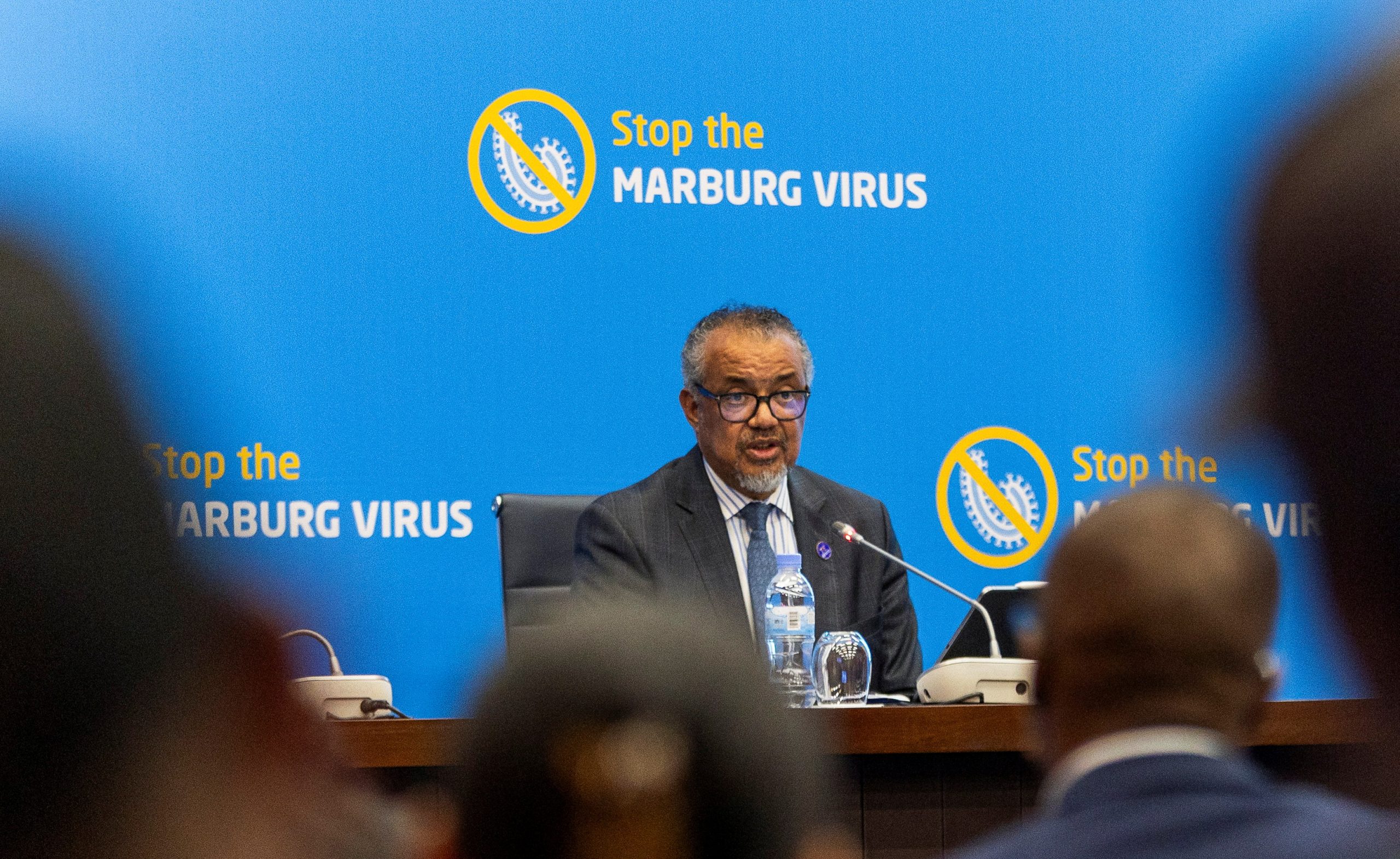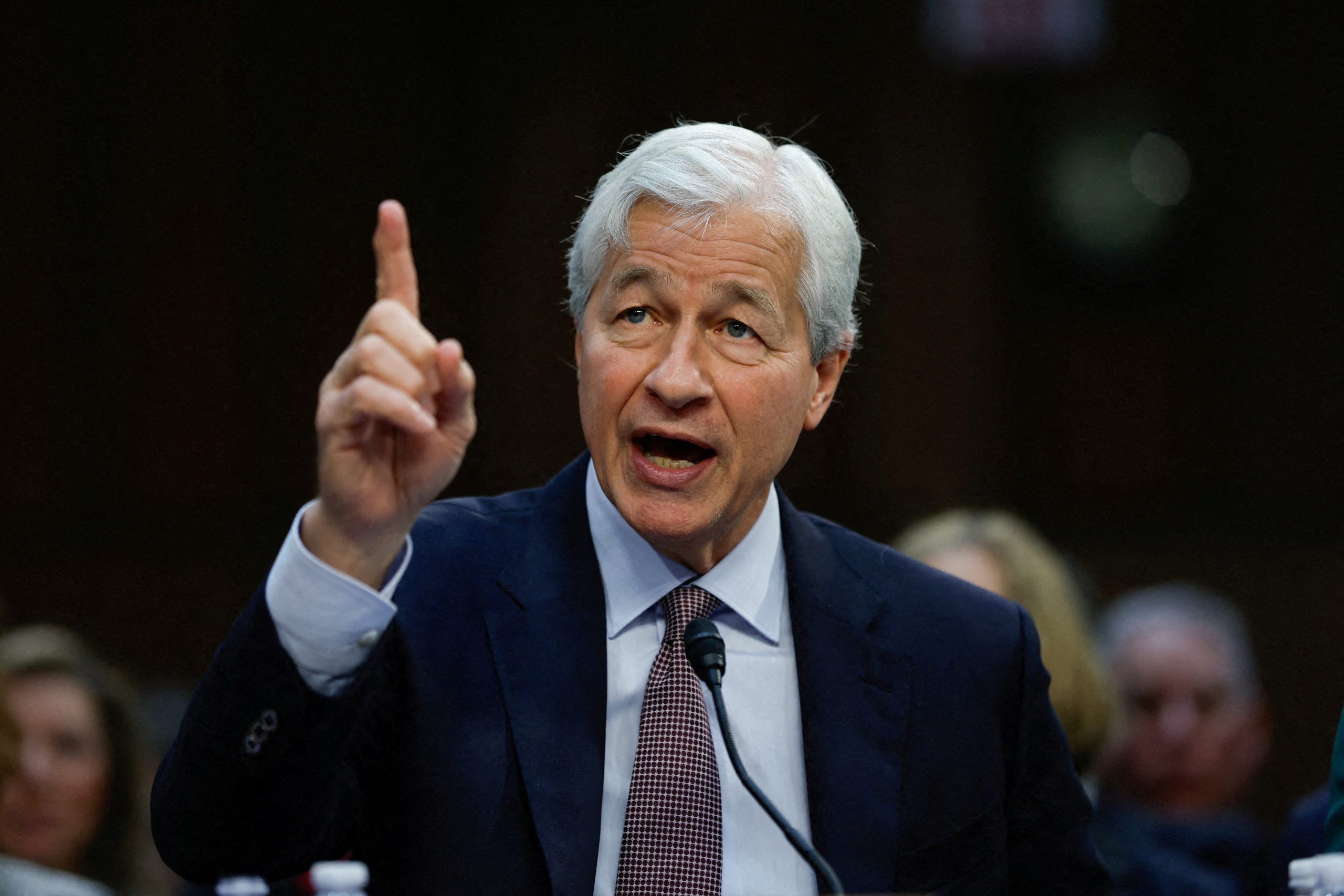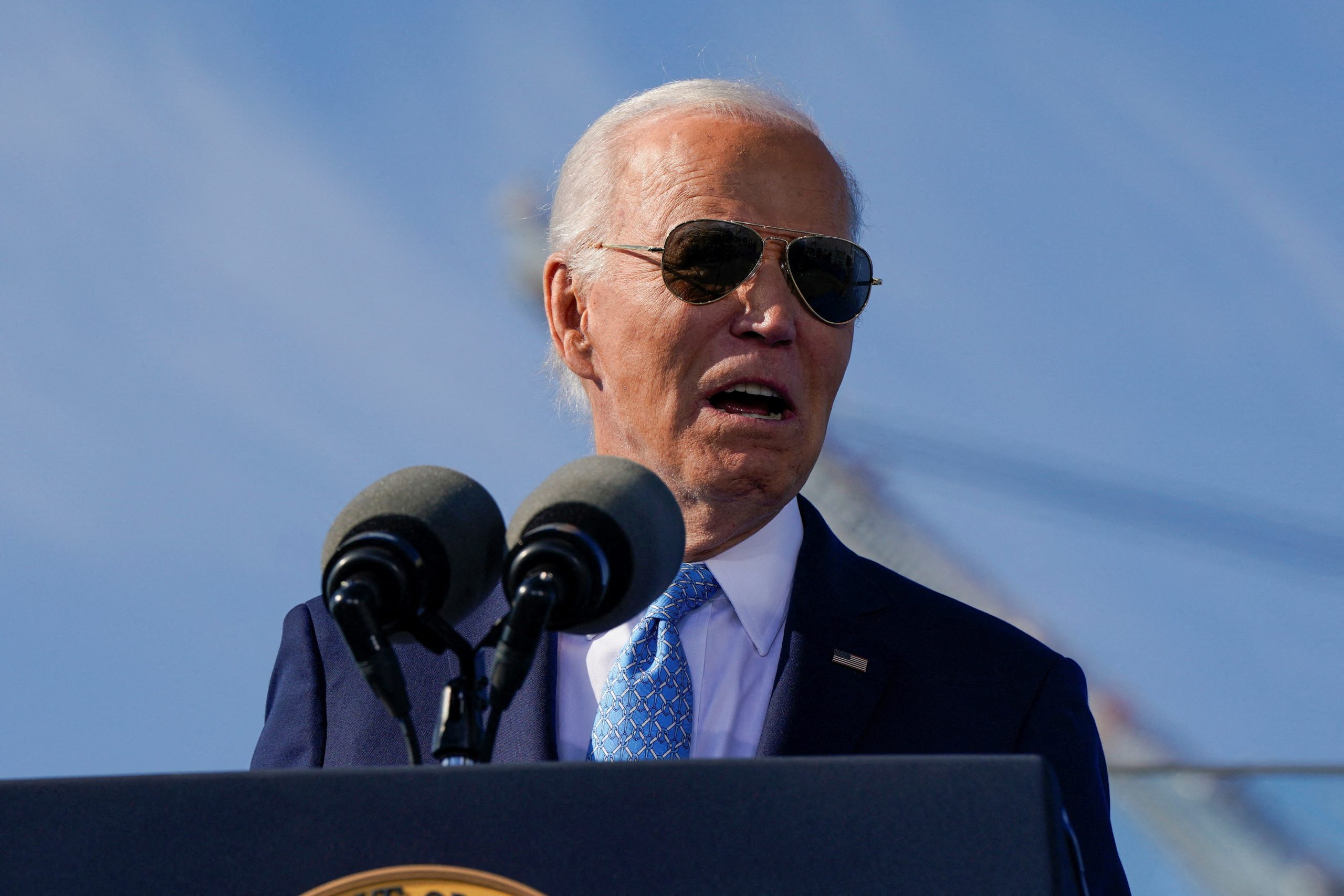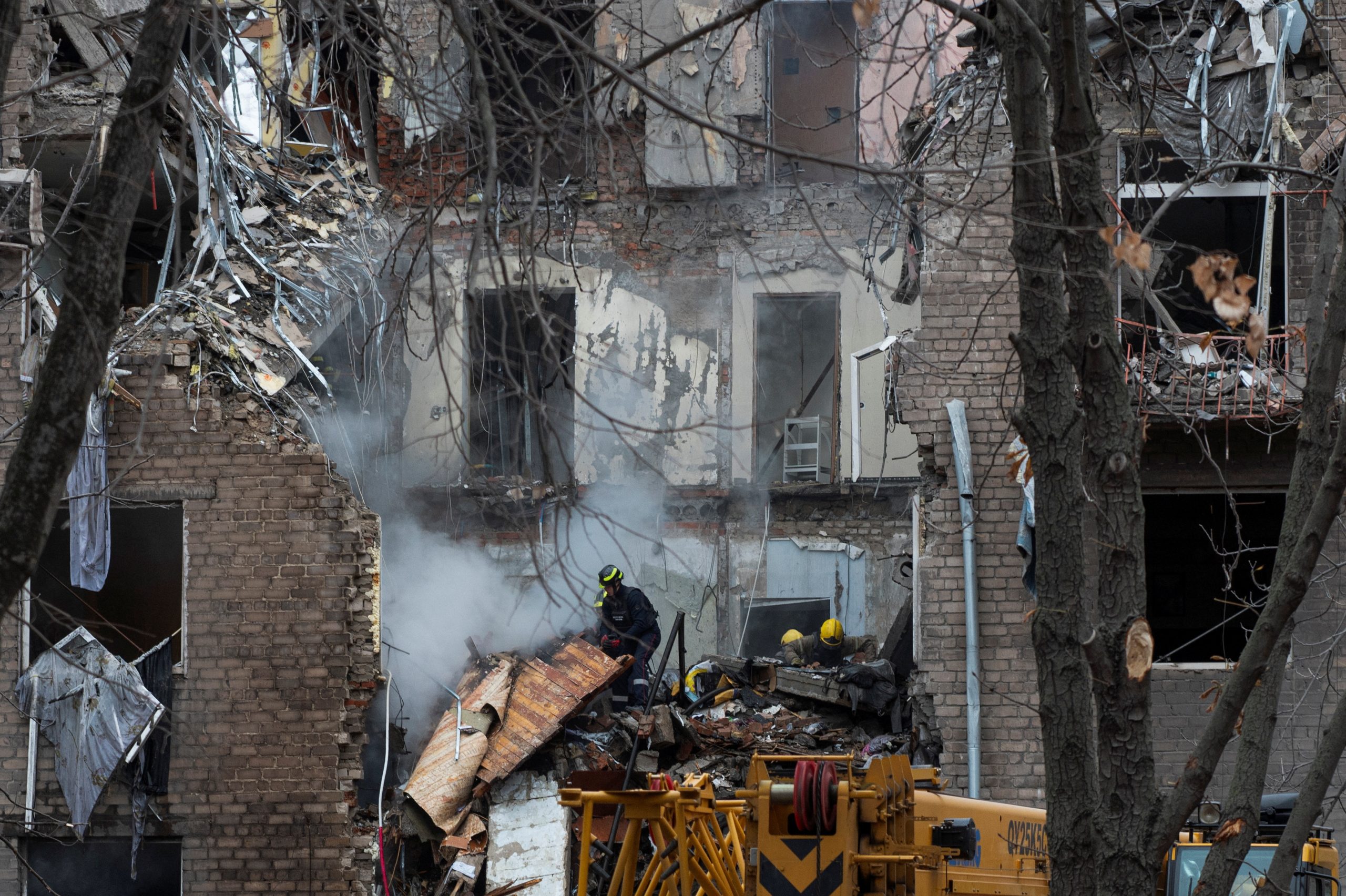“Some call it vengeance, others call it patriotism. But for Serhiy Denysenko, it’s 25 years behind bars for a murder that’s left two nations in shock.” The Krasnodar regional court in southwest Russia just handed down a staggering sentence of 25 years to Ukrainian-Russian dual citizen Serhiy Denysenko for assassinating Stanislav Rzhitsky, a former Russian submarine commander tied to the brutal shelling of Ukraine.
Denysenko, arrested on July 11, 2023, faced the court with stoic resolve as they charged him with murder, high treason, and illegal possession of a firearm. His weapon of choice? A pistol with a silencer. The method? Cold and calculated, according to Russian prosecutors. They claim Denysenko stalked his prey during an early morning jog in Krasnodar, quietly firing four fatal shots that killed the 42-year-old ex-commander on the spot. Russian authorities have ordered Denysenko to pay Rzhitsky’s father 5 million rubles (around $51,350) as compensation, a paltry sum for a life taken but a significant price in this deadly international chess game.
Rzhitsky wasn’t just any ex-military figure. He was once the commander of the Krasnodar submarine, a vessel reportedly armed with Kalibr cruise missiles that targeted Ukraine’s Vinnytsia city in 2022, wreaking havoc on civilians. The submarine, a diesel-electric behemoth under the Black Sea Fleet, was designed to destroy both ships and submarines and conduct reconnaissance. After stepping away from active combat, Rzhitsky took up a quieter role as deputy head of the department for mobilization in Krasnodar—yet his past caught up with him in an instant of violence that has shaken the region.
It didn’t take long for conspiracy theories and accusations to pile up. Russia claims that the assassination was masterminded by Ukraine’s Security Service, a stark accusation linking Kyiv directly to the murder. Yet Kyrylo Budanov, head of Ukraine’s Military Intelligence, has refuted this claim, suggesting that anti-war sentiments among Russian military insiders could well have incited the assassination. And there’s a twist in the story: Rzhitsky’s name reportedly appears on a controversial Ukrainian website cataloging alleged Russian war criminals, adding a dark undertone to his past activities and fanning the flames of a much larger ideological war.
Questions linger, as Russia and Ukraine continue to grapple with this explosive case. What drove Denysenko to murder? Is he a patriot acting out of grief and fury, or a pawn in a bigger, deadly game between two nations locked in relentless conflict? What’s clear is that Denysenko’s sentencing marks a new chapter in the escalating tension and bloodshed between the two countries—a saga where the line between justice and vengeance grows ever blurrier.
Sources for this article include: The Krasnodar Regional Court, statements from Russian and Ukrainian officials.
















